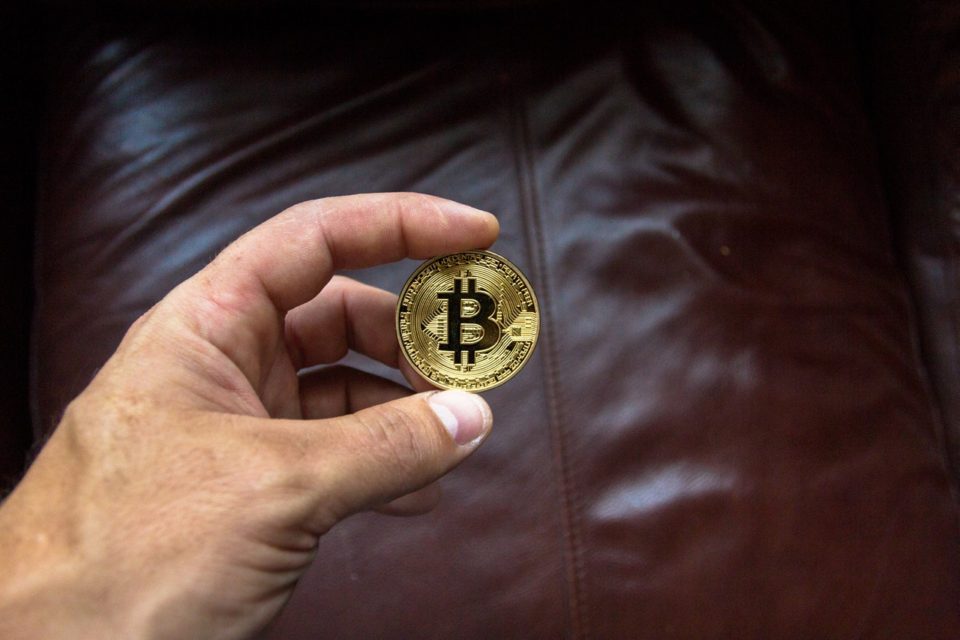What is cryptocurrency?
A cryptocurrency is a digital or virtual currency that is protected by encryption, making fraud and double-spending practically impossible. Cryptocurrencies are types of virtual “tokens” that are represented by ledger entries on the system’s internal ledger. It is usually not issued by a central authority and does not exist in physical form. In contrast to centralised digital money and central banking institutions, cryptocurrencies often use decentralised control. Bitcoin is the first decentralised cryptocurrency, having been released as open-source software in 2009. Various other cryptocurrencies have emerged after the launch of bitcoin.
Cryptocurrencies have been mocked for many reasons, including their usage for unlawful operations, exchange rate volatility, and the infrastructure that underpins them being vulnerable. Their mobility, divisibility, inflation resistance, and transparency, on the other hand, have been lauded.
Types Of Cryptocurrencies:
- Bitcoin – Bitcoin was the first cryptocurrency invented by Satoshi Nakamoto, whose true identity remains a mystery. It is the world’s most popular Cryptocurrency, allowing users to send money without the use of an intermediary such as a bank.
- Litecoin – It is a type of cryptocurrency that began in 2011 and has since risen to become the silver to bitcoin’s gold. This is because it is essentially similar to bitcoin, with the exception that it has a faster transaction rate.
- Ethereum – After bitcoin, it is the second-largest cryptocurrency in the market. It was started in 2015. It allows smart contracts and Distributed Applications (Apps) to be written and run without the risk of an outage, fraud, control, or third-party interference.
Features of cryptocurrencies:
- Ease of use and transparency – Cryptocurrency has the same characteristics as equities in the financial markets. Because the prices of cryptocurrencies are also exchanged on the market, humans may be able to make investments and engage in arbitrage using blockchain technology.
- No Human Involvement – Cryptocurrencies are the best option for seamless online international transactions. There would be no need to go through any government organisation while participating in any international financial transaction because it is a decentralised digital currency.
- Speedy transaction – Cryptocurrency has been proven to be a fast medium of exchange. It can also perform numerous transactions at once with no errors. The surge in bitcoin acceptability has been remarkable, and it continues to rise as the finest means of transaction in the digital age.
- Secured transaction – As bitcoin is based on the blockchain, one of the most widely recognized benefits is the prohibition of fee scams, as data is open to everybody, fostering openness. Each second, all data which is provided is accurate and updated. Duplicate fraud is less likely as a result of this.
Current Legal Status Of Cryptocurrency In India:
In Faridabad (India), there is currently no cryptocurrency regulation. In India, purchasing Bitcoin is completely legal. In India, there is no law forbidding Indians from purchasing or trading cryptocurrencies. The Reserve Bank of India (RBI) issued advice in 2018 prohibiting any company from trading or facilitating transactions in such virtual money. This was overturned by the Supreme Court in 2020, which was viewed as a step forward in India’s adoption of cryptocurrency. This is due to the increasing popularity of cryptocurrency exchanges in India, which has a monthly trade volume of around Rs 170 crore. In addition, Indians currently own cryptocurrencies worth Rs 10,000 crore. Earlier in February 2019, it was recommended that all private cryptocurrencies should be banned, except state-issued virtual currencies.
The court found that, while cryptocurrency cannot be considered as legal tender, it can be handled as currency, and if an intangible asset has the potential to be used as currency in certain situations, the RBI’s scheme of powers under the RBI Act, 1934 authorises the RBI to deal with it.
Bitcoin is progressively becoming a popular investment option, particularly among millennials. The youth are increasingly interested in crypto as an alternative financial option and are participating in it. Many people refer to bitcoin as “digital gold,” and it is thought to be superior to gold in some ways. It has a high level of accessibility, allowing anyone to send and receive Bitcoin without needing to ask permission.
Cryptocurrency is viewed as an asset that is underserved by the banking system, and it is gaining steam in India despite the government’s repeated attempts to ban it due to factors such as inherent security, lower transaction fees, lack of banking system interference, ease of access and use, and universal recognition.
Following a 300 percent gain in the value of Bitcoin in just one year, many sorts of investors and traders, including newcomers, have begun to exhibit interest in Cryptocurrency and its trading methods.
Stakeholders in Faridabad(India) have predicted that the use of Bitcoin will have a primarily negative influence on the country, but that it may have a favourable influence on Indian citizens who are reasonable and follow individualistic consumer patterns.
Conclusion
Cryptocurrency can completely replace the current monetary system. To adopt this stage of cryptocurrency, it must first develop and accept a safe currency exchange network. If cryptocurrencies are issued in the form of coins, society will be encouraged to gradually adapt, which will pave the road for the rapid adoption of cryptocurrencies. This will assist India in moving to the next level of E-commerce. Bitcoin will benefit Indians, but it may not be the same for the country as a whole.
In case of matter pertaining to Cryptocurrency you can contact –
Advocate Anmol Raj Bakshi
Office – 2043/16 Faridabad – 121002, Near Jain Mandir
Also At – Chamber No.272, District & Sessions Court, Faridabad.
Mobile – +91-9873750515, 9811680103
Website – www.bakshiandassociates.com
